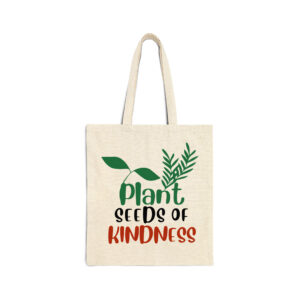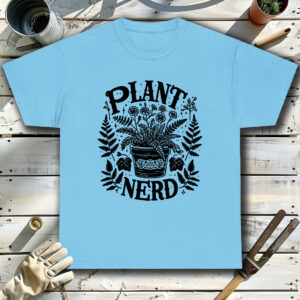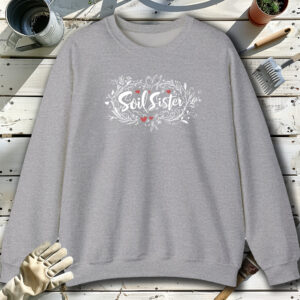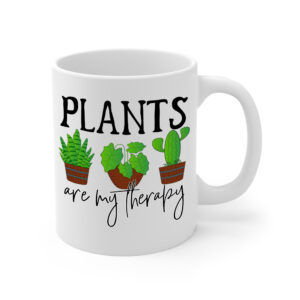Table of contents
Blue Agave
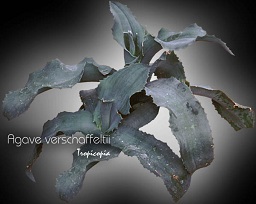
Latin Name: Agave verschaffeltii
Category: Cactus & Succulent
Family: Amaryllidaceae
Origin: Mexico
Climate: Arid Tropical
Growing Zones: 10, 8
Care Instructions
The Blue Agave (Agave verschaffeltii) is a arid tropical plant that originates from Mexico. This cactus & succulent plant belongs to the Amaryllidaceae family and is well-suited for growing in USDA zones 10, 8.
Complete Care Guide for Blue Agave (Agave verschaffeltii)
Watering Requirements
The Blue Agave, known for its striking rosette of blue-green leaves, thrives in arid conditions and requires careful attention to watering. As a succulent, it is crucial to avoid overwatering, which can lead to root rot. During the growing season (spring and summer), water the plant deeply but infrequently, allowing the soil to dry out completely between waterings. Typically, this means watering every 2-3 weeks, depending on the climate and humidity levels. In the fall and winter, reduce watering to once a month or even less, as the plant enters a dormant phase. Always check the soil moisture before watering; if the top 2-3 inches of soil are dry, it’s time to water.
Light Conditions
Blue Agave flourishes in bright, direct sunlight, making it an ideal candidate for sunny gardens or patios. Aim for at least 6 hours of direct sunlight each day to promote healthy growth and vibrant coloration. If grown indoors, place the plant near a south or west-facing window where it can receive ample light. While Blue Agave can tolerate partial shade, prolonged exposure to low light conditions can lead to leggy growth and diminished leaf color. If you notice the plant stretching towards the light, it may be a sign that it needs more sun. Be cautious of sudden changes in light exposure, as this can stress the plant.
Soil Preferences
For optimal growth, Blue Agave prefers well-draining soil that mimics its native desert habitat. A cactus or succulent potting mix is ideal, but you can also create your own by mixing regular potting soil with sand or perlite to enhance drainage. The pH level should be slightly acidic to neutral (around 6.0 to 7.0). When planting, ensure that the pot has drainage holes to prevent water accumulation at the bottom. Fertilization is not typically necessary, but if desired, a diluted, balanced fertilizer can be applied during the growing season to encourage growth. Avoid fertilizing in the fall and winter when the plant is dormant.
Pests and Diseases
While Blue Agave is relatively resilient, it can be susceptible to certain pests and diseases. Common pests include mealybugs, aphids, and spider mites. Regularly inspect the leaves for any signs of infestation, such as webbing or sticky residue. If pests are detected, treat the plant with insecticidal soap or neem oil, ensuring thorough coverage of the affected areas. Additionally, watch for signs of fungal infections, which can occur if the plant is overwatered or if humidity levels are too high. Symptoms may include black spots on the leaves or a mushy texture. To prevent disease, ensure proper watering practices and good air circulation around the plant.
Special Care Tips
To maintain the health and beauty of your Blue Agave, consider the following special care tips. First, avoid placing the plant in areas where it may be exposed to frost, as it is not frost-tolerant. If you live in a region with cold winters, consider bringing the plant indoors or providing protection during colder months. Additionally, be mindful of the sharp spines on the leaf edges; when handling the plant, wear gloves to prevent injury. Pruning is generally not necessary, but you can remove any dead or damaged leaves to keep the plant looking tidy. Lastly, if you notice the plant becoming too large for its pot, consider repotting it into a slightly larger container to allow for continued growth.

